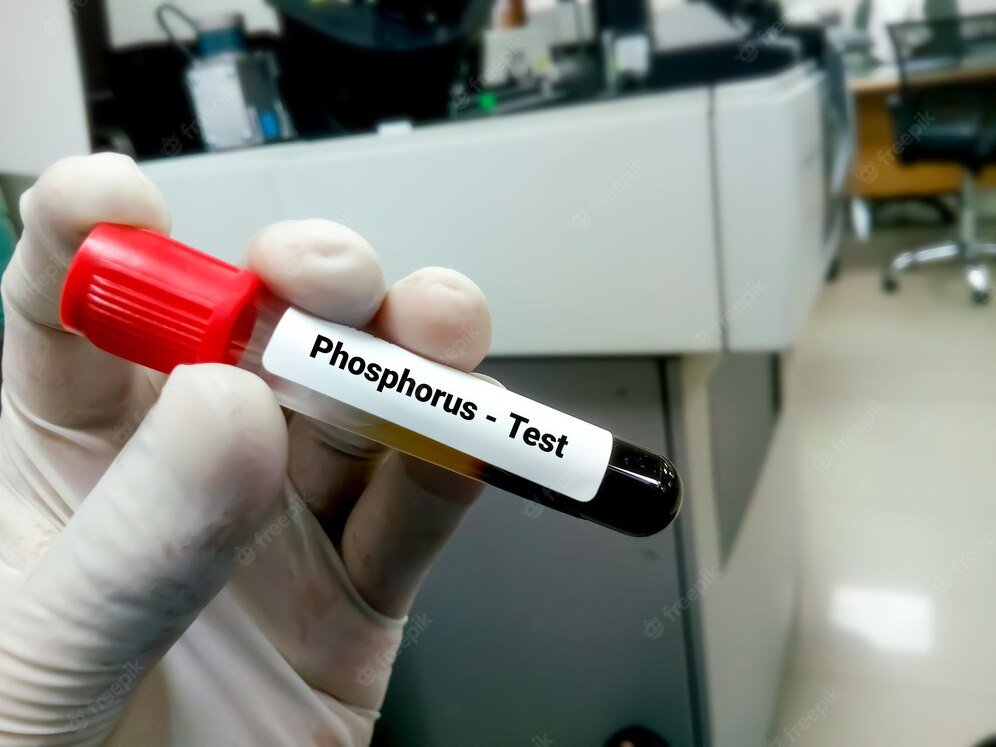If your test shows you have high phosphate/phosphorus levels, it may mean you have: Kidney disease. Hypoparathyroidism, a condition in which your parathyroid gland doesn’t make enough parathyroid hormone. Too much vitamin D in your body.
Phosphate tests are very useful for measuring phosphate levels in people with malnutrition (where their diet doesn’t contain the right amount of nutrients to meet their body’s demands). A phosphate test can also be used to check for a condition called ketoacidosis, which sometimes affects people with diabetes.
High phosphorus, also called hyperphosphatemia, means you have extra phosphorus in your blood. High phosphorus is often a sign of kidney damage. For someone with healthy kidneys, the normal amount of phosphorus (phosphate) in the blood is between 2.5 to 4.5 mg/dL.







Reviews
There are no reviews yet.